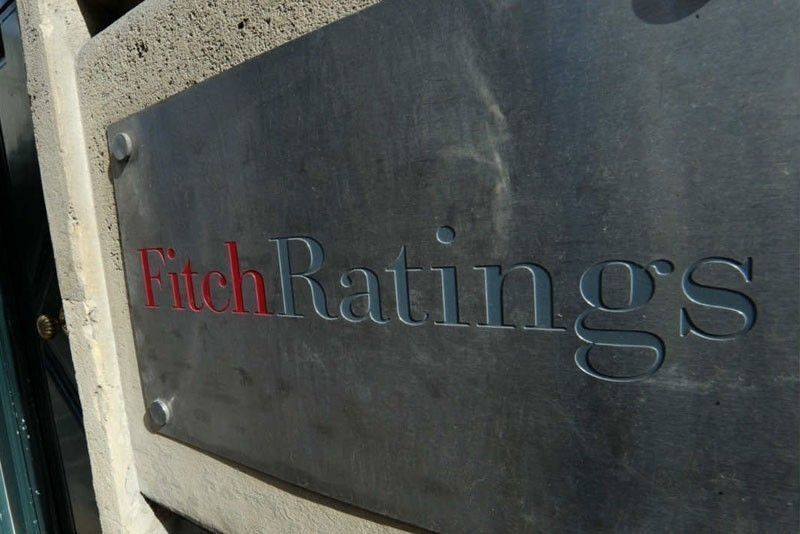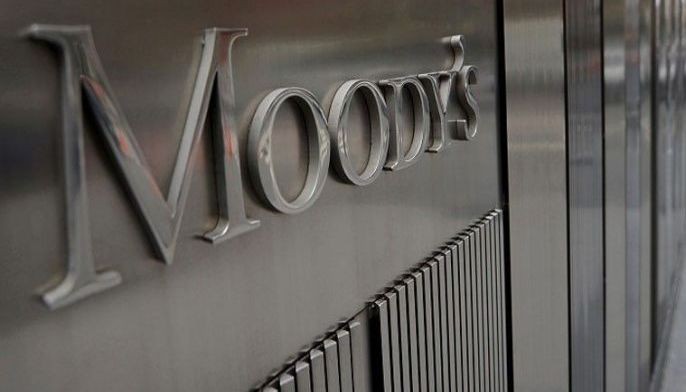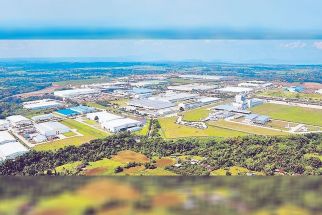Philippines to give up spending hesitation if recovery stalls — Fitch

MANILA, Philippines — The Philippines would be forced to spend more to fight the coronavirus pandemic, even if it does not want to, if the outbreak gets prolonged and an expected rebound for the economy next year does not materialize, a debt watcher said Tuesday.
“The government’s record of macroeconomic management lends credibility to the projections, but curtailing pandemic-related spending may be difficult if the economy continues to contract and fails to recover as fast as the authorities expect,” Fitch Ratings said in a research note on Tuesday.
“Indeed, if the recovery stalls, there may be pressure for even more fiscal stimulus,” it added.
The Duterte administration has refused to give in to calls for larger government spending to counter the pandemic’s harsh economic effects. On Monday, the House of Representatives passed on final reading the Bayanihan to Recover as One bill which contains P162 billion in additional allotments to fund pandemic response programs.
But as it is, that bill and its Senate version authorizing a lower P140 billion augmentation would hardly cover for the P680 billion wiped out from the Philippine economy as of the first half. The economy entered recession with a whopping 16.5% annual drop in the second quarter, and has shrank 9% year-on-year in the first six months, the worst in Southeast Asia.
Sought for comment on Fitch’s report and whether a bigger stimulus is warranted, Finance Secretary Carlos Dominguez III said in a text message the government is “constantly monitoring the economy and evaluating alternatives.” He did not elaborate when pressed for details.
Fitch currently rates the Philippines BBB, an investment grade, with a stable outlook, indicating that at the time of the latest assessment last May, the rating is bound not to change within 12-18 months.
But since then, Fitch said growth prospects have weakened, eroding the Philippines’ “fiscal headroom” of low debts that provide critical support to the government’s beloved investment grade rating. From January to June, Treasury data showed pandemic-induced borrowings pushed up the debt pile to 48.07% of gross domestic product (GDP), running slightly above Fitch’s expected 48% for the entire year. The ratio was just 39.6% in 2019.
It does not help that the Duterte government shut down Metro Manila and four other key urban areas in Central Luzon and Calabarzon anew for 15 days last Aug. 4. Fresh restrictions that closed down battered businesses is “likely to depress economic growth by much more than Fitch Ratings had anticipated,” the debt watcher said.
On a late night recorded briefing, President Rodrigo Duterte said he would leave the decision on whether to extend the lockdowns or not to the recommendations of a pandemic task force led by the health department.
“Our baseline assumption that public debt will remain below the peer median level remains subject to risks, particularly those associated with the pandemic,” Fitch said. “We will also assess the extent to which the crisis may affect the Philippines’ strong medium-term growth potential, which has supported the country’s rating.”
Beyond budget pressures, Fitch said other components justifying the country’s BBB rating appear to remain intact for now. Foreign exchange reserves “have risen through the pandemic crisis” to a record $93.5 billion as of June and the peso has strengthened.
Bond spreads, which measure borrowing costs through securities, remained narrow, albeit “slightly higher than prior to the pandemic,” indicating bigger interest.
The overall external position also continues to support the rating despite recent deficits. Lower remittances and tourism income would widen the current account deficit to 2.3% of GDP this year from 0.1% last year, but below the 2.7% recorded in 2018, Fitch said.
“We do not expect the current-account deficit to return to pre-crisis levels in 2021-2022, as the recovery in domestic import demand will largely offset the improvement in exports as the pandemic’s effects ease. However, this is unlikely on its own to result in significant downward pressure on the rating,” the agency said.
- Latest
- Trending
























